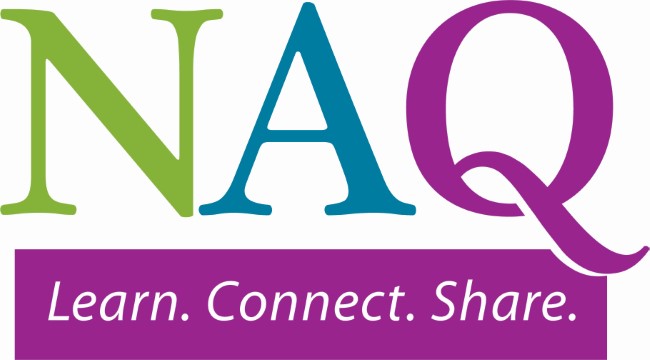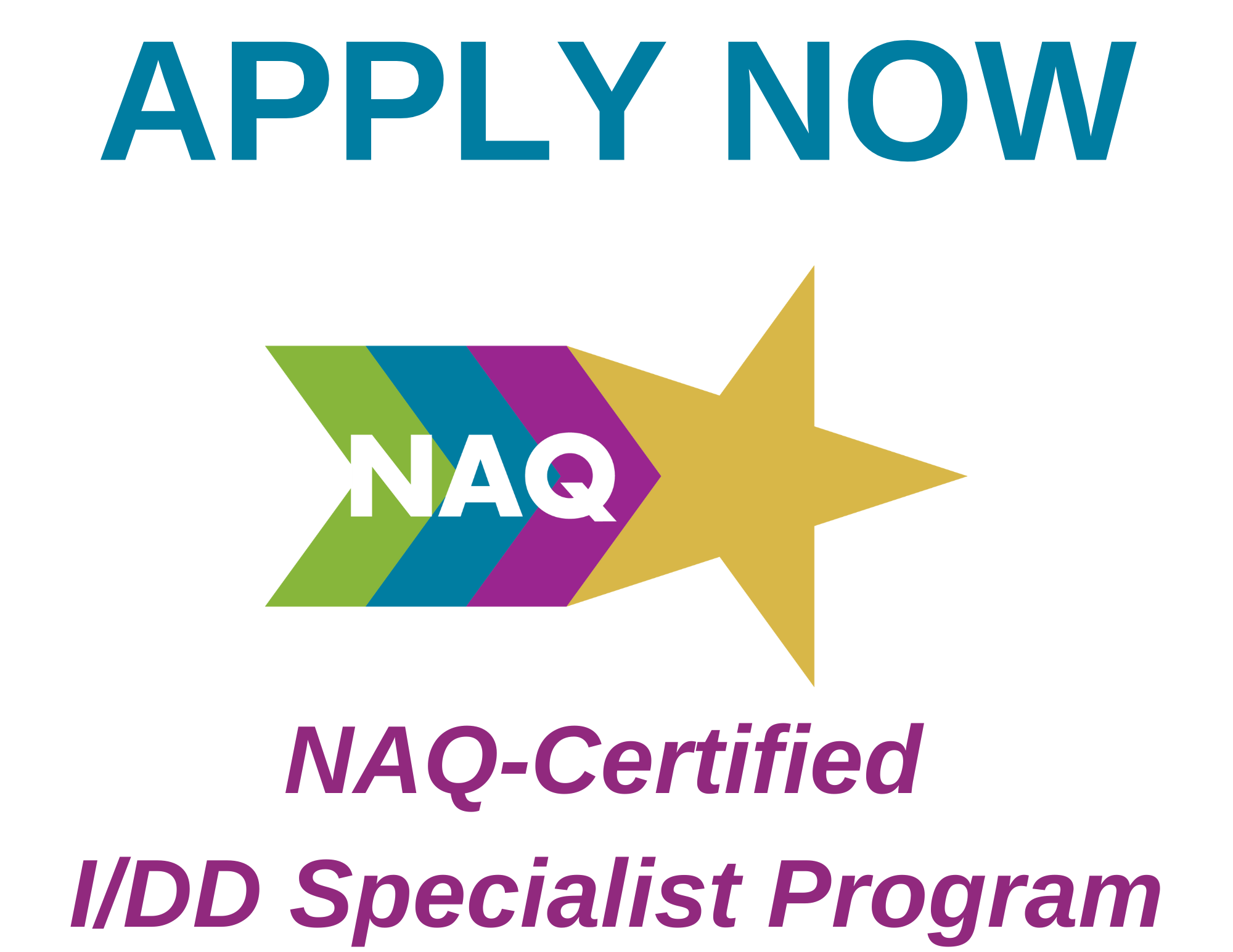|

Intellectual/Developmental Disability (I/DD) Specialist
Code of Ethics
This Code of Ethics, comprised of four governing principles, provides a framework
to guide I/DD Specialists in their professional development journey.
Principle One: To ensure the development of a person-centered plan using the tenets of person-centered thinking is implemented, works as planned and results in personal growth while establishing a platform for the person to live their best possible life.
- I/DD Specialists work closely with each person and their support network to develop a vision and plan for the person’s future. This process includes collaboration with family, friends, and other professionals to share information, consider options for support, and locate necessary resources.
- I/DD Specialists engage each person to identify priorities, strengths, and desired life outcomes. Inherent in this responsibility is assisting the person to express these outcomes in effective ways, as well as promote the person’s welfare, dignity, and respect by consistently supporting the person to actively exercise self-determination.
- I/DD Specialists encourage each person to engage with others, who are committed to fully supporting the person in the process of developing their goals and individual plans. The I/DD Specialist works within each person’s network of support (e.g., family, friends, advocates, legal representative, or guardian, etc.) to better understand the person’s priorities and direction for his/her life, and facilitates the involvement and contributions of all associated professionals.
- I/DD Specialists model person-centered practices in proactively identifying any barriers to the achievement of positive outcomes for each person he/she supports and strives to remove, lessen, or circumvent these obstacles by creating alternate avenues for achievement.
Principle Two: To respect and support people with disabilities in the understanding, promotion, and exercising of their rights and responsibilities in a dignified, trustworthy, and professional manner.
- I/DD Specialists support the person to understand and exercise his/her rights. Efforts in this may include expanding awareness and providing education and/or support in the responsible exercise of the rights that are most important to the person.
- I/DD Specialists provide the person with all information necessary in language and/or other ways that are meaningful for the person and promote understanding. This may require using alternative formats, asking others to assist or meeting frequently with the person to review information until understanding is achieved.
- I/DD Specialists advocate for the person to receive whatever assistance is needed with decision-making to ensure that his/her desires provide direction for all life decisions. The provision of this support is accomplished with the least intrusion on the rights of the person and seeks to involve the people whom the person likes and trusts.
Principle Three: To ensure that people experience a sense of well-being, security, and safety in their relationships and surroundings.
- I/DD Specialists actively assist each person to establish and maintain meaningful relationships with family members, friends, and other members of the community.
- I/DD Specialists engage with each person to understand and access the full range of opportunities around living, working, relationships and meaningful interactions consistent with that person’s personal preferences.
- I/DD Specialists embrace the roles of encourager, guide, teacher, mentor, motivator, and coach with each person as the situation requires.
- I/DD Specialists ensure that each person they support is free from Abuse, Neglect, Mistreatment, and Exploitation.
Principle Four: To uphold and demonstrate the highest standards of professional and ethical conduct while working within the field of disabilities.
- I/DD Specialists maintain critical roles in the lives of people with disabilities and must perform their duties with integrity, openness, and honesty, with a strong commitment to personal/professional ethics and high standards of conduct/practice.
- I/DD Specialists commit to continuous learning by consistently seeking ways to increase their knowledge of current trends and best practices in the field of intellectual and developmental disabilities. This also includes teaching other staff about the ways in which they can support each person to live a full and abundant life.
- I/DD Specialists understand that all information about the person is “personal” and maintain the highest standards of confidentiality, sharing information only with people who are authorized by the person to receive it. This includes addressing all legal and privacy issues related to the people receiving support.
- I/DD Specialists maintain appropriate professional boundaries in all actions related to their profession.
- I/DD Specialists avoid any conflicts of interest or potential conflicts of interest while carrying out their professional duties.
- I/DD Specialists embrace their role as leaders and demonstrate their commitment through professional, respectful, compassionate and supportive interactions with those with whom they work.
Note: NAQ recognizes there are many job titles used within the field of intellectual and developmental disabilities for professionals fulfilling similar roles and responsibilities in a variety of settings. Some of these include Qualified Intellectual Disability Professional (QIDP), support broker, case manager, support coordinator, and individual plan coordinators, etc.
|



